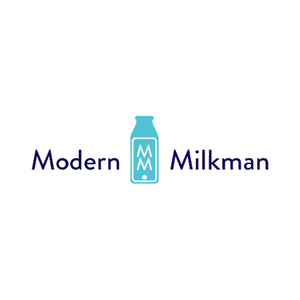Roof Repairs & Coatings
Roofing is permanently subjected to the effects of the British weather and it does not matter what material is used or whether it is a flat or pitched roof, it will slowly but surely deteriorate. Your roof will gradually become less resistant to water, it will absorb some of the rain falling on it, offering lichen and moss a good opportunity to become established. These then cause further deterioration which can subsequently lead to the failure of the roof. Once water starts to get in, roof repairs become a necessity; see our roof cleaning services.
When Should I Repair My Roof?
If the roofing material has already failed, the answer is obviously ‘as soon as possible’, however, it would be preferable to make roof repairs before that point is reached. On pitched roofs, inspect for tile slippage regularly, especially after spells of very poor weather. If your roofing material is metal or other corrugated material, check that all of the fastenings are secure and that none of the sheets have slipped out of place.
On flat roofs, check around the edges, cracking indicates the roof material is ageing and that it could be well on the way to failure even if the rest appears to be in good condition. If your roof is noticeably undulating, this also indicates that it could require repair. All flat roofs will show a degree of puddling i.e. you will notice standing water after rain, but this should disappear fairly quickly. Puddles that are persistent can indicate underlying issues.
Roof Coatings
The fastest way to carry out roof repairs is to apply roof coatings such as our Bitu-Bond or Roof -Bond. If the worst has happened and your roof has already sprung a leak, Bitu-Bond provides you with an instant roof repair solution, simply spray it on and leave it to cure for a one-visit permanent repair. It can be used in all weathers and contains fibres for added strength and to enable smaller cracks to be bridged. It is an essential product for your maintenance crew to have on hand and it can be used to repair leaks in all types of roof, not just flat ones.
For non-emergency roof repairs, Roof-Bond is another cold curing bitumen based product. It can be applied to the whole roof by brush and once cured, it forms a tough, seamless and durable layer that expands and contracts in response to thermal or other movement of the roof without cracking. It too is a one-visit solution designed for use on any roofing material or type and it cures as fast as Bitu-Bond so roof repairs can be carried out quickly.
This is a brush-on liquid that is reinforced with fibres and has an excellent resistance to damage from UV.
How Do I Repair My Roof Using A Roof Coating?
- Remove any flaking and loose material
- Bridge any wide cracks using a suitable roof repair bandage
- Dampen the surface
- Apply Bitu-Bond, Roof-Bond or Acrypol
- Leave to cure
- If desired, once cured, further layers can be added
Roof Coatings Have Other Uses Too
If your maintenance team have a roof coating product in stock, there are many other jobs around your premises that it can be used for. Up high, it can be used to repair or reinforce guttering and gulleys, rendering them waterproof without the need for a lot of expensive and disruptive work.
If you have exposed steelwork, for example open sided outdoor storage areas, conventional paints will flake off within a year or two. Since our roof coatings are more flexible than conventional paint, they are an effective longer term solution enabling you to save both money and labour time.
Prevention is better than cure, keeping your roofing clean can prolong its life expectancy. Our sister company, APT-ICC ltd, cleans all types of roofing and guttering including aluminium, cast iron and plastic on all types of building, including factories, commercial premises and listed buildings.
To benefit from our roof coating and roof repair services, talk to us on 01495 308 048 now.








































































